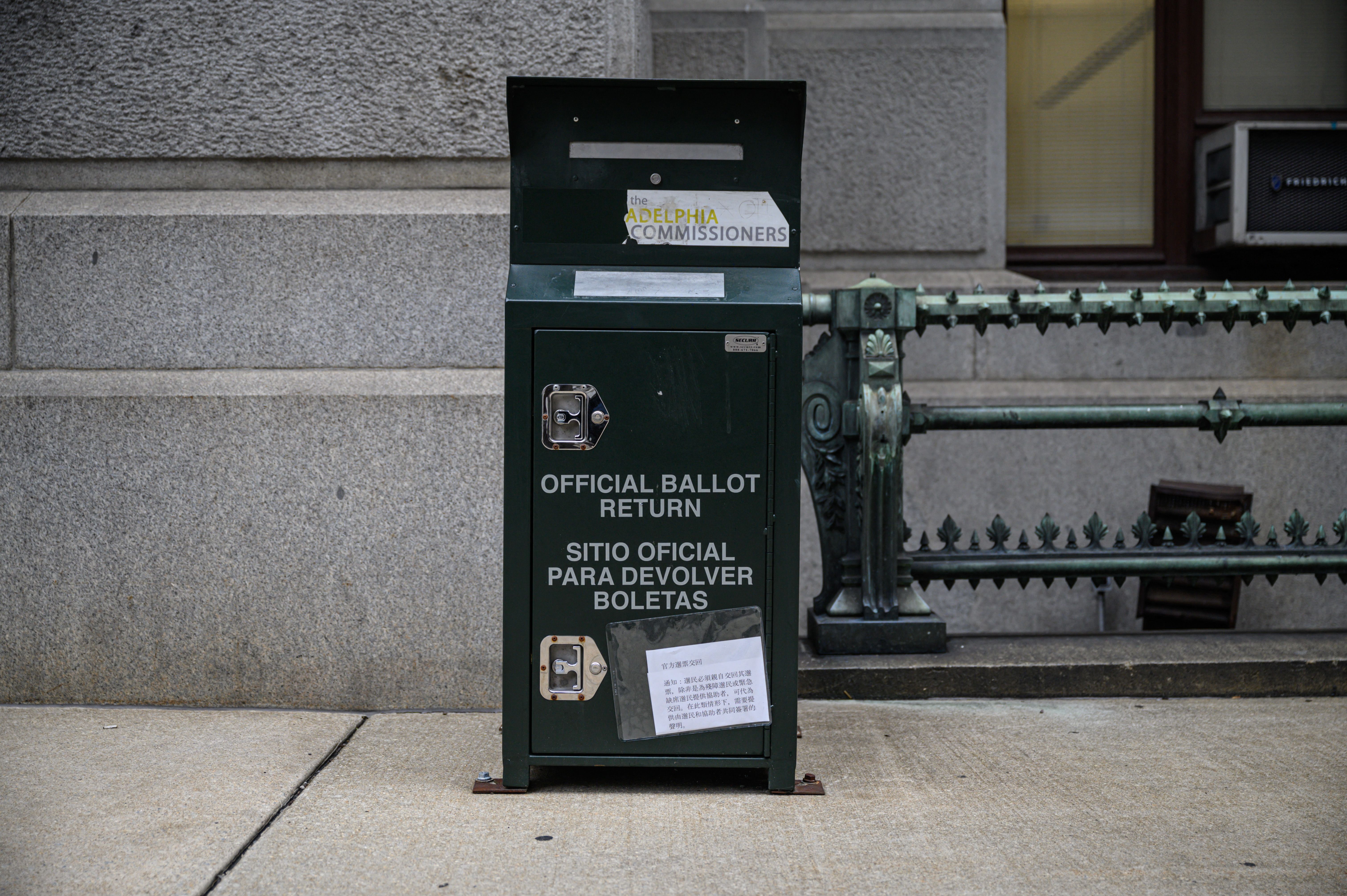Local groups are lining up to become health care navigators in Pennsylvania, New Jersey and Delaware.
Maybe you've heard of navigators who lead patients through the health care maze; the Obama Administration is hiring navigators to do something different.
In states where federal — not state — officials are setting up the new health insurance marketplaces, the U.S. Department of Health and Human Services will pick two groups to serve as on-the-ground helpers to guide uninsured people into health coverage.
Who will navigate?
Navigators will be introducing some people to the basics of the Affordable Care Act for the first time. Health insurance becomes mandatory in January 2014 and about 58 percent of Americans are not sure if they are eligible for financial help to pay for premiums, according to a recent survey from InsuranceQuotes.com.
"We have a steep learning curve for a lot of folks," said Ann Bacharach, special projects director for the Pennsylvania Health Law Project. "There's so much work to do, and such a short period of time."
Bacharach won't confirm that her group is applying to be a navigator, but did say her team's resume includes experience connecting with the 1.2 million uninsured people across Pennsylvania.
Local
Breaking news and the stories that matter to your neighborhood.
"We know, for instance, that farm families in the middle of the state often send someone off the farm to work in order to have health insurance, so that's a different group of people than someone who's in North Philadelphia, who's under 55 and hasn't worked in awhile," Bacharach said.
In the Garden State, a consortium lead by New Jersey Citizen Action is applying for the navigator job. Health policy advocate Maura Collinsgru expects stiff, maybe even national, competition.
"We've heard alot of rumblings on the ground that there are many applications coming in," she said. "But we don't know specifically who the competitors will be."
Maybe a trade union or library system could be a good candidate. H&R Block won't say, but there are whispers that a tax preparer might apply. Others said the navigator job would be a good fit for companies that already help consumers with public benefits. In Pennsylvania, Benefits Data Trust and Maximus are big players.
Sonya Schwartz leads State Refor(u)m, an online network of government officials and others working to implement the health law. It's a program of the National Academy for State Health Policy.
"I did a little back-of-the envelope calculation," Schwartz said. "So, in Maryland, the way the navigator funds are working, they'll have close to $67 per person to spend on education, outreach and enrollment. And in Pennsylvania, it's going to be more like $2 a person, and in New Jersey more like $2.50 a person, and in Delaware more like $10 a person."
Less money for states with federally run marketplaces
Experts say states like as Pennsylvania and New Jersey, with a federally run health insurance marketplace, will have access to less generous navigator dollars, compared to states that run their own exchange.
The architects of the Affordable Care Act expected many more states to step up and manage their own state health insurance marketplace, but only 17 will.
States setting up their own marketplaces are often lead by a governor and legislature that support ObamaCare, and in many instances, those supportive states have allocated extra money to navigator programs—and to get the world out about the health law changes.
So, what does it cost to move people into health coverage?
Back when the Children's Health Insurance Program was new, some states hired community groups to sign families up.
"Oregon, for example, had paid $75 per kid to get enrolled. Illinois paid $50 per kid. The Maryland [navigator funding] number is kind of in that ballpark," Schwartz said.
The roughly $2 per uninsured person in the Keystone and Garden states isn't in the same league.
Some advocates dedicated to connecting people to health care say, privately, it feels like navigators in poorly funded states are being set up to fail. Undoubtedly, Obama administration officials have recognized that frustration. In May, HHS announced grant funding for community health centers that hire a person to help patients enroll in insurance. That's extra help for the two designated navigator groups in each state.
Whomever the government picks as navigators will have to be smart about how they spend their Obamacare money, Schwartz said.
"At the end of the day, it just means they are going to have to target their time, target their energies and not be able to reach everybody," Schwartz said. "That's really the end result."
The grant applications for the navigator job are due June 7. An announcement is expected in mid-August. Enrollment for the new health insurance marketplaces begins Oct. 1.
This story was reported through a news coverage partnership between NBC10.com and NewsWorks.org



